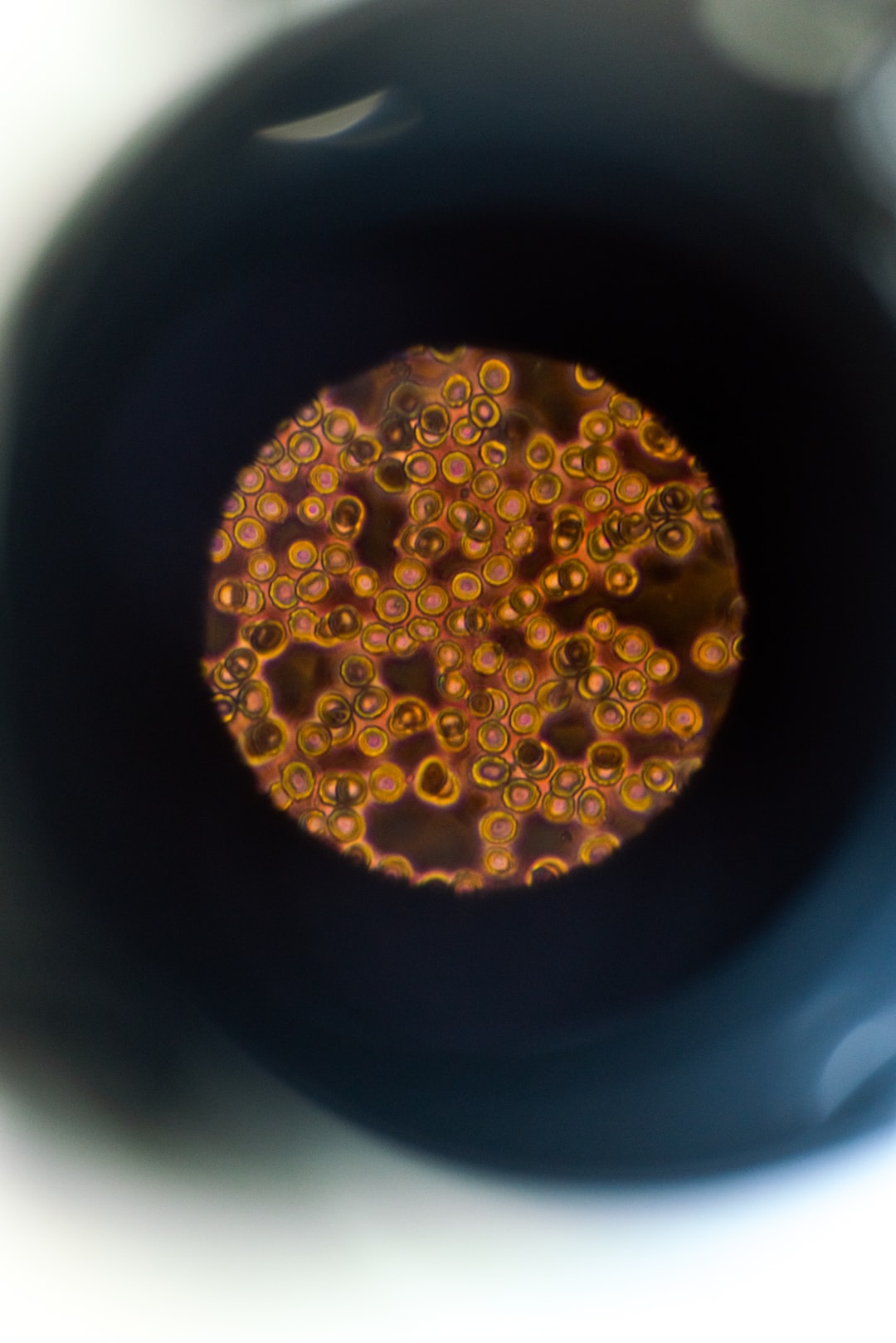Sustainable agriculture is the practice of farming in an ecologically sound and economically viable manner, while ensuring the long-term health of the soil and surrounding environment. In recent years, the need for sustainable agriculture has emerged as one of the most significant challenges facing the world. With a growing population and climate change, traditional farming methods are no longer sufficient to meet the food demands of billions of people. As a result, innovative approaches to sustainable agriculture engineering have become increasingly important in addressing these problems.
One of the most promising approaches to sustainable agriculture engineering is precision agriculture. Precision agriculture is a farming management system that utilizes technology to optimize crop yields and reduce waste. The system employs a range of data-gathering tools, such as sensors, GPS, and drones, to provide real-time information on soil conditions, irrigation needs, and pest management. With this information, farmers can make better decisions about how to fertilize crops, irrigate fields, and manage pests, which can reduce costs and increase yields.
Another innovative approach to sustainable agriculture engineering is agroforestry. Agroforestry is a land use system that integrates trees into agricultural landscapes, resulting in multiple benefits for farmers and the environment. Trees provide shade, protect soil from erosion, and contribute to the overall health of the ecosystem. They can also be used for timber, firewood, and fruits, providing additional income for farmers. Agroforestry has the potential to reduce greenhouse gas emissions, mitigate climate change, and enhance biodiversity.
Vertical farming is another approach that is gaining popularity in sustainable agriculture engineering. Vertical farming involves growing crops in vertically stacked layers, typically in a controlled environment such as a greenhouse. This approach allows farmers to maximize the use of space and resources, as well as reduce the need for pesticides and fertilizers. By growing crops indoors, farmers can also reduce their dependence on weather patterns, making it possible to grow crops year-round. Vertical farming has the potential to revolutionize agriculture by providing an alternative to traditional farming methods that can reduce land use and water consumption.
Finally, sustainable agriculture engineering is being driven by advances in biotechnology, such as genomics and gene editing. Today, scientists can identify, study, and manipulate the genetic composition of crops to make them more resilient to drought, disease, and pests. Genetic engineering also has the potential to create crops that are more nutritious and have a longer shelf life. By employing these technologies, farmers can produce more food using fewer resources, helping to feed the world’s growing population in a sustainable way.
In conclusion, innovative approaches to sustainable agriculture engineering are essential in ensuring that we meet the food demands of the world’s growing population without compromising the long-term health of the environment. Although there are challenges associated with adopting some of these approaches, such as the initial investment costs and regulatory hurdles, the potential advantages are significant. As a result, there is a need for continued investment in research and development to ensure that sustainable agriculture becomes the norm and not the exception.

